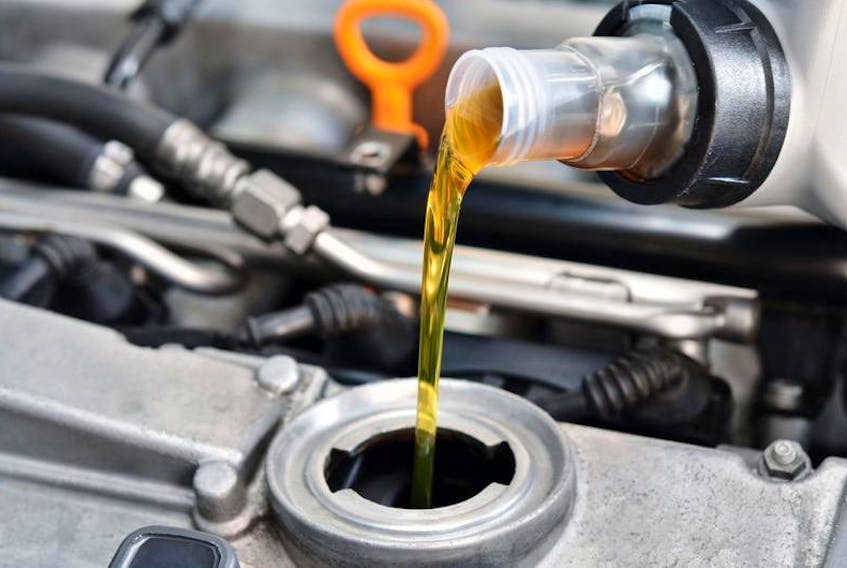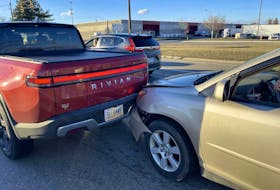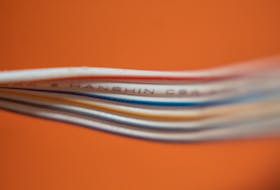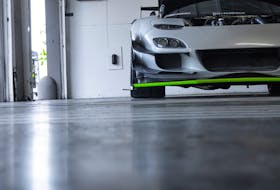Q: My car is a 2005 model Nissan Maxima and it has vibrations which I could feel on the steering and on the gear box. I think it is felt in the front part of the vehicle and when this phenomenon is going on my “check-engine-soon” light flashes. This does not occur frequently It has only occurred two times. This happened after I did not use my car for almost three months during the winter time. It was sitting in the garage. After that three months I had the problem. Can you please give me advice or an opinion about this?
A: The vibration you are feeling in your vehicle would appear to be coming from an engine misfire. The clue is the flashing check-engine-soon light.
When the engine misfires in one or more cylinders, the warning light will come on and a code will set in the computer indicating which cylinder has the problem.
If the misfire becomes severe enough that raw fuel is passing into the catalytic converter, the converter could quickly overheat and be destroyed.
The flashing warning light indicates converter damage may occur so the vehicle should not be driven unless it is an emergency.
The misfire could be caused by fouled spark plugs, a vacuum leak or a sticking fuel injector. It may be coincidence that the problem has occurred after the vehicle was stored, but it could also indicate that some carbon deposits inside the combustion chamber have dried up and come loose, fouling a spark plug.
Adding a fuel injector cleaner to the fuel tank may help clean a sticking injector and carbon deposits. High-mileage vehicles may need concentrated cleaner fed directly into the injection system. Most repair shops will clean injectors using this method.
If the vibration is not present and the warning light is not on, I wouldn’t worry too much about the car but would consider taking it in for a possible tune up in the future.
Q: I own a 2006 Toyota Sienna, 3.3-litre V6 engine, with 134,000 km and a ’04 Toyota Camry, four cylinder engine, with only 64,000 km. I was wondering about the advisability of using synthetic oil during the winter months and then converting back to non-synthetic for the summer months. Does synthetic provide a longer interval between changes or could it be run all winter assuming 4,000 km each vehicle? I currently use Quaker State. Should I stay with Quaker State, or is it OK to use another brand of synthetic and then switch back to Quaker State for the summer?
A: Synthetic oil flows easily at low temperatures so they enable the engine to start easier during cold weather and provide excellent cold weather lubrication.
They also protect the engine at high temperatures. They do cost more but don’t provide longer oil change intervals. While the synthetic oil may not break down like conventional oils, contaminants and acids are still captured in the oil during use. Changing the oil is the only way of cleaning this out.
Even for short trip winter driving, oil change intervals are getting longer. The synthetic oil would easily last for the 4,000 km winter season you drive. For summer highway driving oil change intervals may go as high as 15,000 km. It is possible to switch back to conventional oils but I would only do this at a complete oil and filter change interval. Why not stay with synthetic year round?
As for switching oil brands, I prefer to stay with one brand at a time although I have not seen problems with vehicles that use a mix of oil brands.
If you don’t want the expense of staying with synthetic oil, there are several synthetic blend oils on the market that combine synthetic and conventional oil.
They are lower priced but still have advantages over pure conventional oils. For your information, Quaker State makes synthetic oil as well as synthetic blend oils too, so you don’t have to switch brands even if you want to switch oil types.
Jim Kerr is a master automobile mechanic and retired teacher of automotive technology. Send your questions for Jim via email or mail them to: Herald Wheels, 2717 Joseph Howe Drive, P.O. Box 610, Halifax, N.S. B3J 2T2









